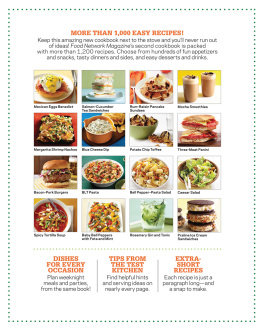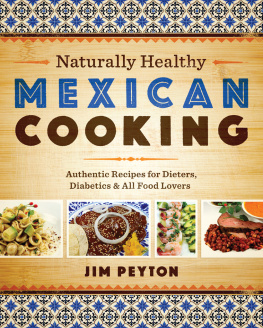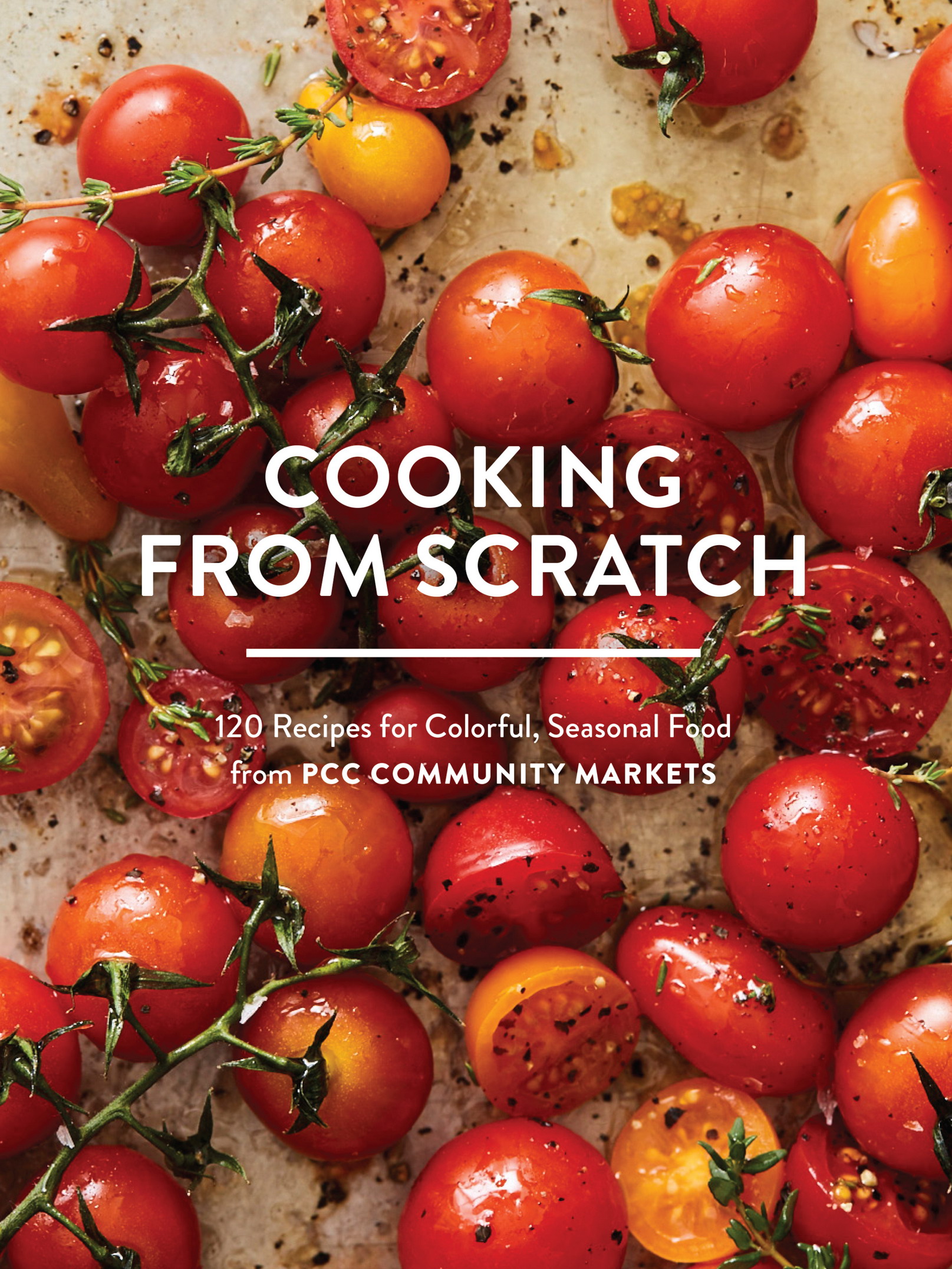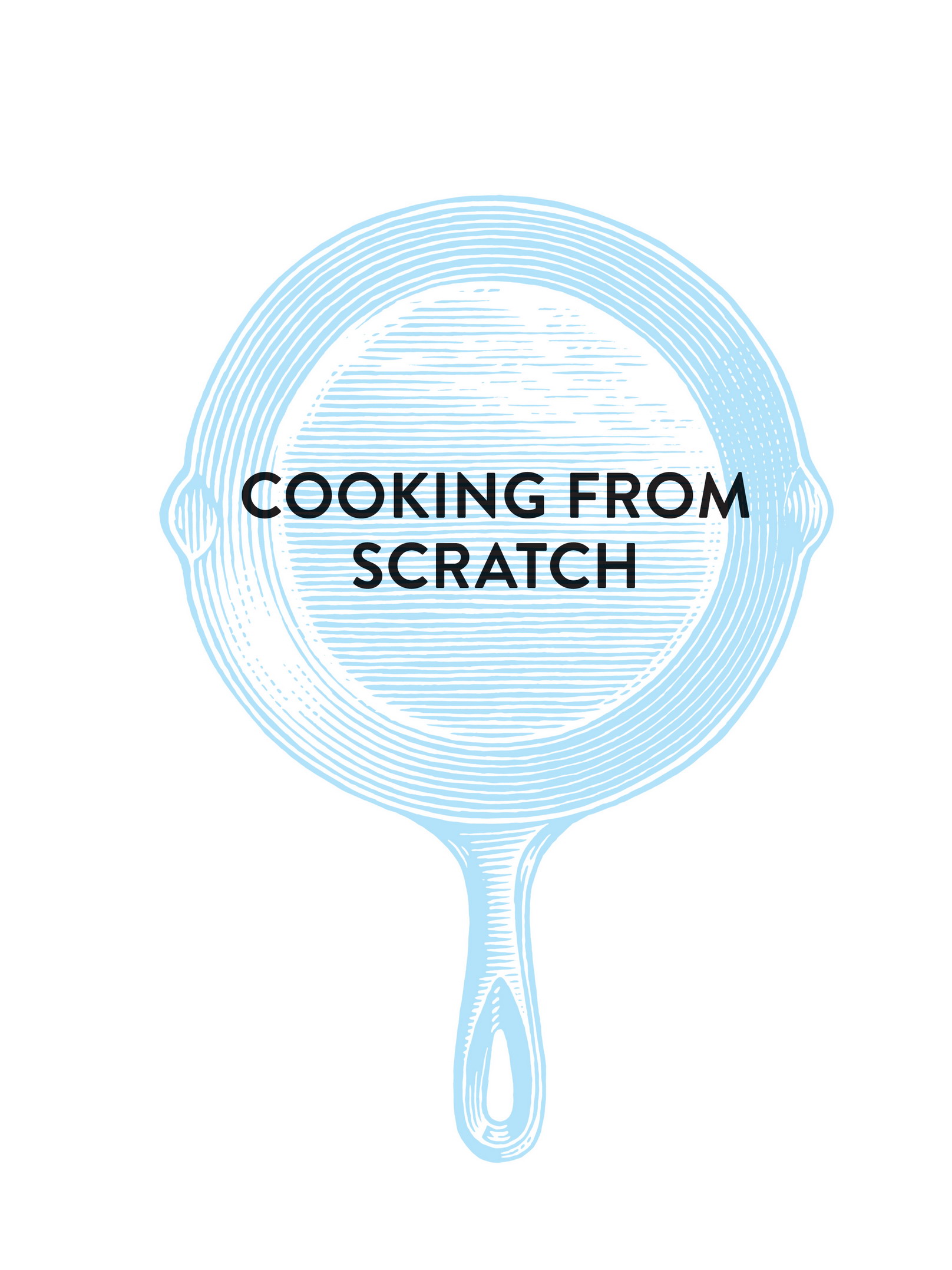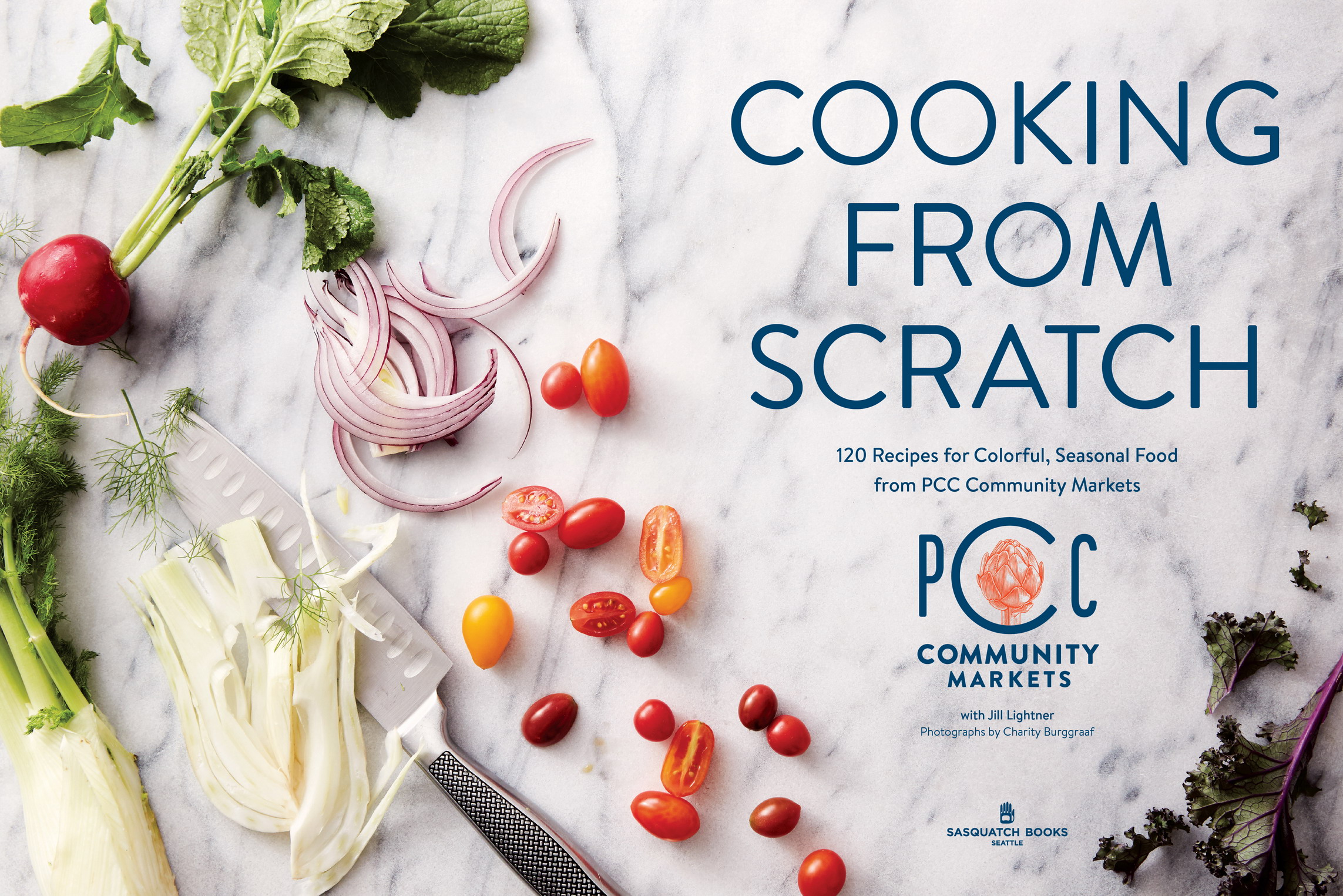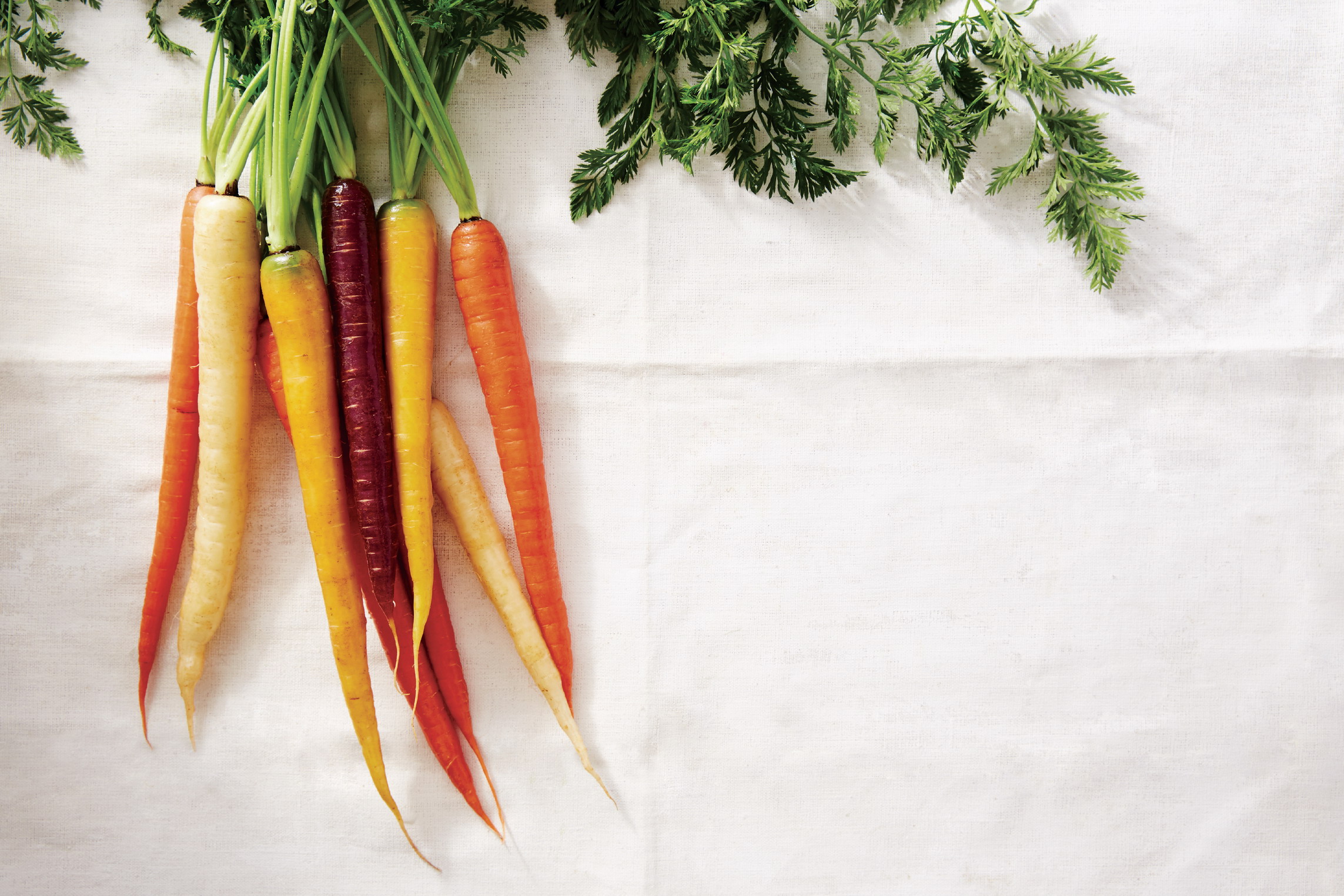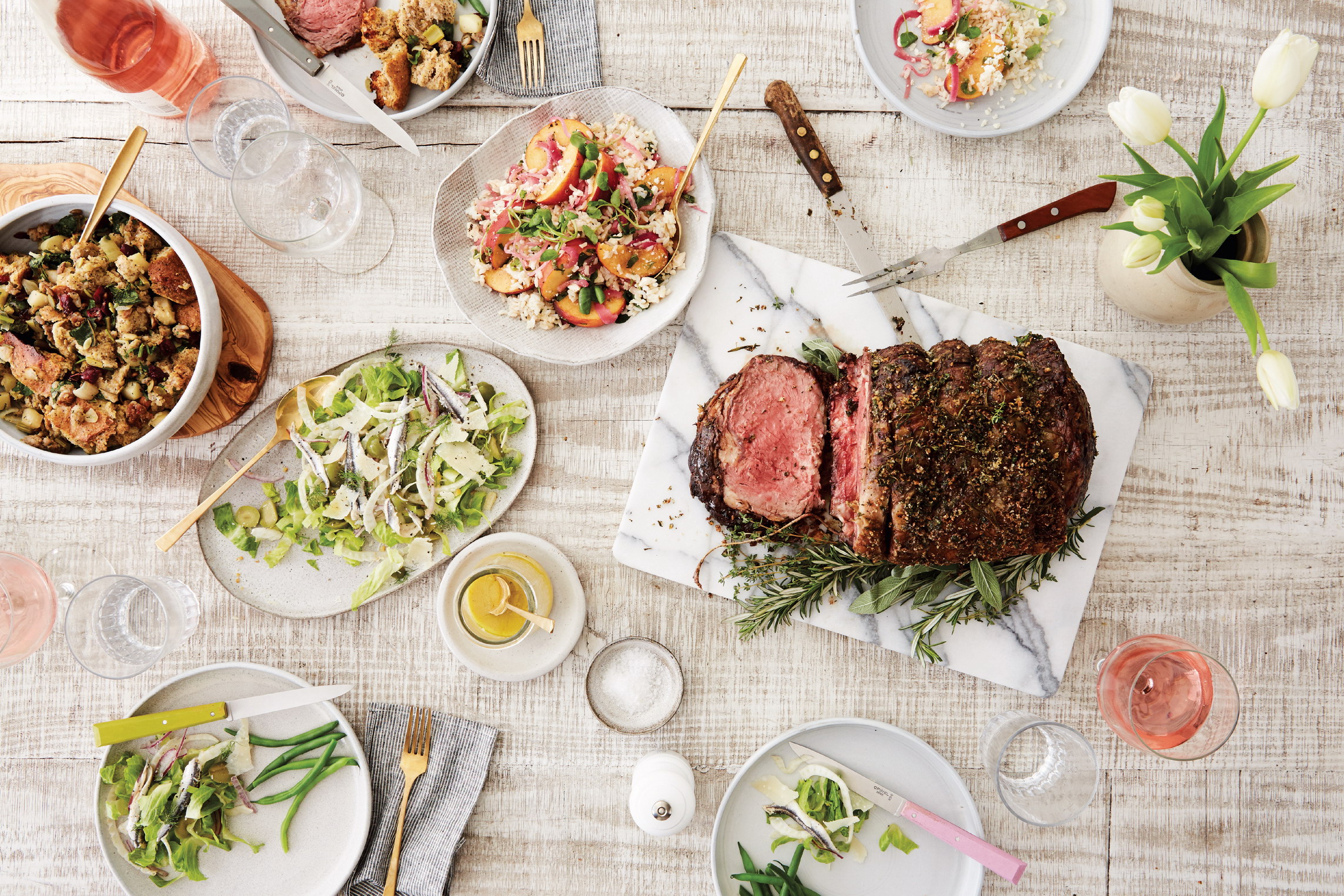Contents
Copyright 2018 by PCC Community Markets
All rights reserved. No portion of this book may be reproduced or utilized in any form, or by any electronic, mechanical, or other means, without the prior written permission of the publisher.
Published by Sasquatch Books
Editor: Susan Roxborough | Production editor: Em Gale
Design: Anna Goldstein | Photographs: Charity Burggraaf
Food styling: Nathan Carrabba | Copyeditor: Kirsten Colton
Illustrations: ; all other illustrations courtesy of PCC Community Markets
Library of Congress Cataloging-in-Publication Data
Names: Lightner, Jill, author.
Title: Cooking from scratch : 120 recipes for colorful, seasonal food from PCC Community Markets / with Jill Lightner.
Description: Seattle, WA : Sasquatch Books, [2018] | Includes index.
Identifiers: LCCN 2018000128 | ISBN 9781632171887 (pbk.)
Subjects: LCSH: Cooking. | PCC Community Markets. | LCGFT: Community cookbooks.
Classification: LCC TX714 .L5522018 | DDC 641.5dc23
LC record available at https://lccn.loc.gov/2018000128
ISBN9781632171887
Ebook ISBN9781632171894
SASQUATCH BOOKS | 1904 Third Avenue, Suite 710 | Seattle, WA 98101 (206) 467-4300 | SasquatchBooks.com
v5.3.2
a
DEDICATED TO THE MEMORY OF Jackie DeCicco, who planted the seed for this cookbook many years ago. She was a beloved longtime member of the PCC family, a good friend to many, and an earnest lover of good foodfrom baguettes on the streets of Paris, to lunchtime leftovers at work, to celebratory hours-long multicourse feasts. She would have used this book all the time.
And to our co-op members and staff, the heart and soul of our community.
CONTENTS
INTRODUCTION
A Short History of PCC Community Markets
OUR DEVOTION TO ORGANIC, NON-GMO, SUSTAINABLY SOURCED foods dates back to 1971. Thats when we shifted our focus to good, wholesome, health-oriented foods and made a commitment to cutting out unnatural, chemical-stuffed food products and reducing ecological pollutants. Today, this idea seems like a no-brainer, but in the early 70s, it was controversial. When our co-op was founded by fifteen Seattle families who first gathered in a garage belonging to one of the original founders, John Affolter, back in 1953, it was a food-buying club with the simple goal of efficiently stretching pennies. Even when we moved to member ownership in 1961, becoming Puget Consumers Co-op (PCC), the emphasis was still on financial frugality, not healthy living. Our revised thinking set us on a new path, leading us to become Seattles first real destination for what were then called natural foods.
We became early advocates of the organic movement, carrying products from Washington State farmers who were among the first to get organic certification in the state, like Twin Springs Farm in Rice (organic certification number 47 in 1988), Ralphs Greenhouse in Mount Vernon (organic certification number 68 in 1989), and Rents Due Ranch in Stanwood (organic certification number 138 in 1989). We still partner with each of these organic pioneers, who provide us with everything from butternut squash to snap peas to strawberries; in fact, its just these sorts of local ingredients that supply much of the inspiration as our chefs develop new recipes. Over the ensuing decades, we embraced transparency in the food-supply chainwhether that was a companys Fair Trade certification, how animals were raised, whether food was genetically modified, or what methods were used to catch all of the seafood we sold. As we celebrate our sixty-fifth anniversary as a food co-op and look down the road to our one hundredth, our dedication to responsibly sourced, environmentally friendly, wholesome, well-seasoned food wont change.
Education is a fundamental part of being a co-op and its one we take seriously. Our nutrition and cooking education program, now known as PCC Cooks, was founded in 1983. Today, we offer more than 1,600 classes a year by sixty skilled instructors, covering topics ranging from basics like knife skills, to international cuisine such as Thai, Turkish, and Italian cooking, to food as medicine. We have also educated through two publications: Sound Consumer, a monthly food-policy newsletter weve published since 1961, and Taste, a seasonal magazine (2011 to 2017). Youll find favorite recipes from all threePCC Cooks, Sound Consumer, and Tastein this cookbook, as well as recipes from our deli and bakery. We hope youll fall in love with a new-to-you ingredient, be inspired to cook more seasonally, and enjoy modern twists on classics, like our upside-down cake that replaces canned pineapple with a topping of sour cherries and balsamic vinegar (see ).
And to make sure you pick up flexible skills along with new recipes, each chapter includes a technique-driven section called Flavor in Five, inspired partly by our classes. These walk you through the five basic steps you need to bake up a seasonal fruit crisp or whisk together a homemade vinaigrette, so you understand the role each part of the process plays and how the ingredients fit together. Youll find a few suggested flavor combinations, plus a formal recipe to give you an idea for ingredient amounts and cooking times. Its easy to get the kids involved (try the ). We think that life is more satisfying if you know how to cook at least one thing without referring to a written recipe, and these are a great place to start.
Some things will never change as we grow. Each day, our bakers arrive before sunrise and fire up the ovens to bake dozens of fresh scones made with organic cream and butter plus a sprinkling of seasonal fruit. Our chefs start their mornings scrambling a batch of local eggs with cheddar cheese and salsa for a pan of . Perhaps more than anything else, well continue to believe in the power of good foodto bring people together, to create a sustainable food system, and to change the world. Because, as our co-op principles have taught us, good food is never about dividing up the pie so everyone gets a sliver. Its about making that pie as big as possible and sharing it among friends.
HOW TO USE THIS BOOK
WHILE THE RECIPES STAND ON THEIR OWN , there are a few things to know before you start cooking.
ADAPTING RECIPES
These recipes were all tested thoroughly as written. That said, one of the most frequent questions were asked about our recipes is how they can be adapted for those with allergies, dietary preferences, or nutritional needs, so well cover a few broad categories.



